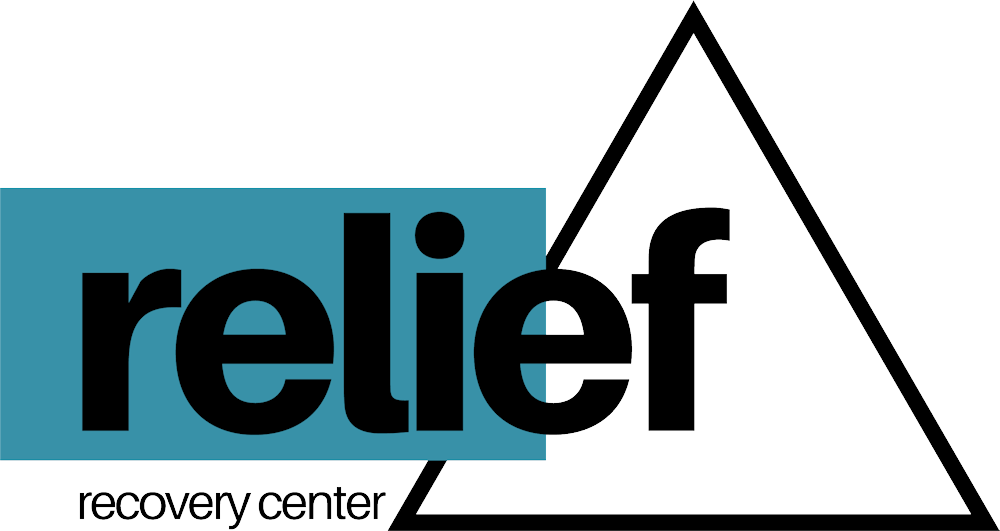Seasonal changes, particularly the transition from winter to spring, can significantly affect our mental health and overall well-being. This can be especially true for individuals in recovery from addiction, as they may be more sensitive to the emotional and physical shifts brought on by changing seasons. In this article, we’ll explore the impact of these seasonal changes on mental health, specifically focusing on the challenges and opportunities that the transition from winter to spring presents.
Seasonal Affective Disorder (SAD) and Recovery: As the days grow longer and the weather begins to warm, many welcome the change as a relief from the cold, dark winter months. However, this transition can also bring about Seasonal Affective Disorder (SAD), a type of depression that’s related to changes in seasons. For those in recovery, managing SAD is crucial, as it can affect mood, energy levels, and overall motivation to maintain sobriety. Understanding the symptoms and seeking appropriate treatment, such as light therapy, counseling, or medication, is vital. Relief Recovery Center provides resources and support for those facing such seasonal mental health challenges, offering various therapy options and programs that cater to individual needs. Explore their How We Treat page for more details on treatment options.
Coping Strategies for Seasonal Changes: To mitigate the impact of seasonal changes, adopting coping strategies can be beneficial:
- Stay Active: Engage in regular physical activity. Exercise can help reduce symptoms of SAD and improve mood.
- Seek Sunlight: Try to get as much natural sunlight as possible. Open curtains, spend time outside, or consider using a light therapy box to simulate sunlight.
- Maintain a Routine: Keeping a regular schedule can help stabilize mood and improve overall well-being. This includes consistent sleep, meals, exercise, and social activities.
- Stay Connected: Engaging with a support network can provide comfort and stability. Relief Recovery Center offers various services, which can be an invaluable resource.
- Embrace New Beginnings: Use the spring as an opportunity to refresh and renew your recovery journey. Set new goals, clean your living environment, and try new activities that support your mental health and sobriety.
Understanding Seasonal Impacts on Recovery: It’s crucial for individuals in recovery to understand how seasonal changes can impact their mental health. Awareness allows for proactive measures to be taken to maintain sobriety and mental well-being. Relief Recovery Center encourages this awareness through its comprehensive programs and resources available.
External Resources and Support: For those looking for additional support, external resources like the National Institute of Mental Health (NIMH) and the Substance Abuse and Mental Health Services Administration (SAMHSA) offer valuable information and tips for coping with seasonal changes and maintaining mental health.
In conclusion, as the seasons change, so too can our mental health. Recognizing the challenges and opportunities this transition presents is crucial, especially for those in recovery. By employing coping strategies, staying aware of the impact of seasonal changes, and utilizing available resources, individuals can manage their mental health effectively during this time. The Relief Recovery Center provides support and guidance for those navigating these changes, promoting a holistic and comprehensive approach to recovery. Embrace the change, seek support, and continue your journey towards health and sobriety with confidence.
For more information and support, visit Relief Recovery Center.



